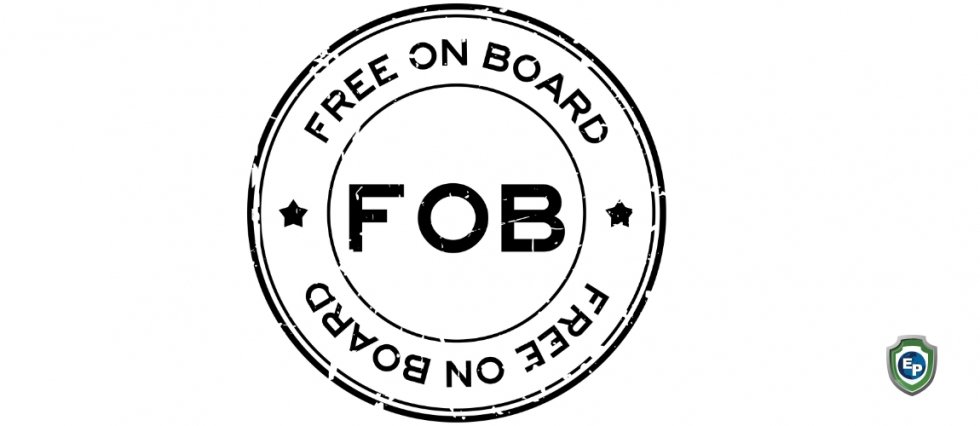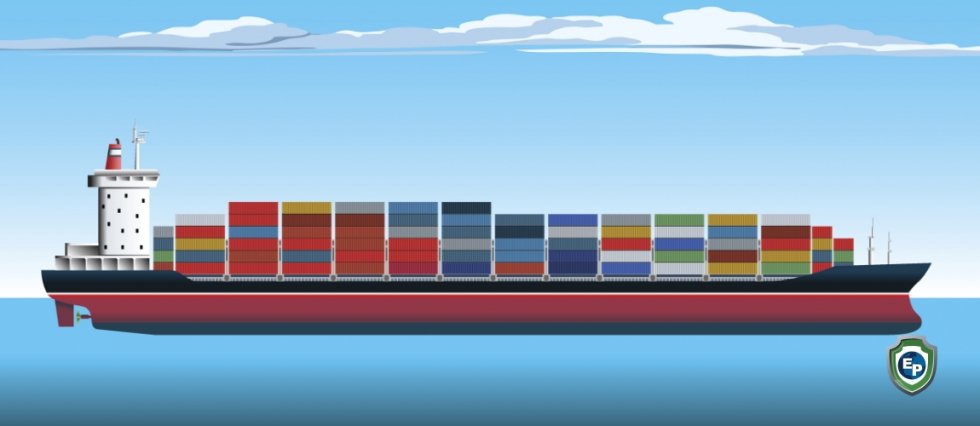Incoterms: Free On Board (FOB)
If you are interested in using FOB, make sure to check out our blog to learn more about what it is and what it does. We have also included a section of terms you must know to guide you.

Incoterms are a set of rules created to regulate international trade and solve problems that arise from different trading practices and legal interpretations among countries. There are 11 rules in this set that are internationally recognized and can help traders when they sell or transport goods. For this blog post, we will dive into one of the rules of Incoterms: Free On Board (FOB).
What is FOB & How Does it Work?
FOB clarifies at what point the responsibility of being in charge of costs, risks, and other obligations shifts from the seller to the buyer. This rule applies when sellers have direct access to non-containerized goods, which are transported by inland or sea waterway. Usually, the seller pays the freight charges to a shipping destination while the buyer pays the transportation costs. This is mainly because the seller is in complete charge until the goods are loaded. The buyer then coordinates the freight forwarder, and the risks end for the seller. The seller also does not have to provide insurance, but the seller and buyer must both agree on what represents the goods being loaded onboard.
Terms to Look Out For
The terms of FOB can change the inventory cost for the buyer, so it is critical to have a good understanding of all the different meanings. In general, FOB origin means buyers gain ownership of the goods when the goods are on the transport, while FOB destination states that the transfer happens once the goods are removed from the transport. However, there are variations to the two terms as well. Take a look at the chart for more details:

FOB Origin
Freight Prepaid: The seller pays the shipping costs while the buyer is responsible for the goods at the point of origin.
Freight Collect: The buyer pays for the costs and is fully responsible for the goods.
Freight Prepaid & Charged Back: The seller does not pay shipping costs but can add freight costs to the invoice, making the buyer pay the bill on a more expensive invoice. The buyer also becomes fully responsible for the goods at the point of origin.
FOB Destination
Freight Prepaid: The seller pays the shipping costs until the goods arrive at the buyer’s store. The buyer does not pay for shipping costs.
Freight Collect: The buyer pays when goods are delivered and has no liability until then.
Freight Prepaid & Charged Back: The seller is responsible until the goods are delivered. The buyer takes away the charges from the invoice. The original invoice includes the freight charges paid by the seller.
Freight Collect & Allowed: The shipper adds the freight costs to the invoice, and the buyer pays the charges. The seller is responsible until the goods are delivered.
Stay Connected with Export Portal
Was this article helpful? If it was, make sure to check out the rest of our page for more news and useful information!






Comments 0